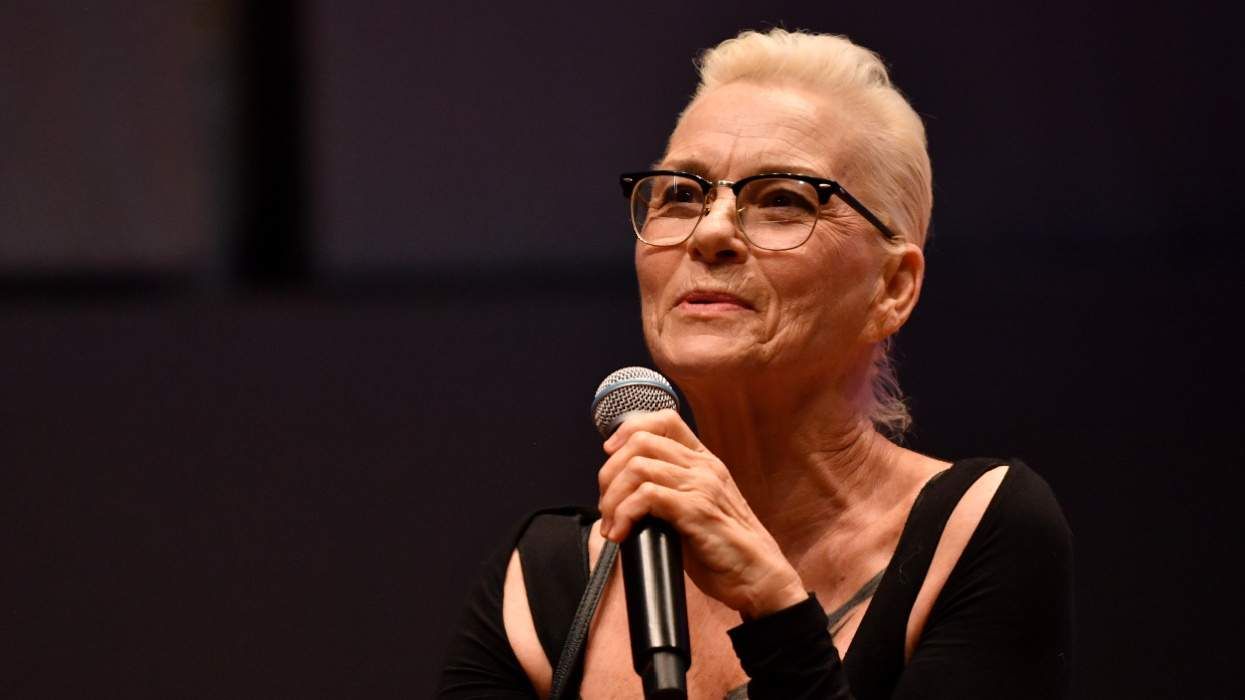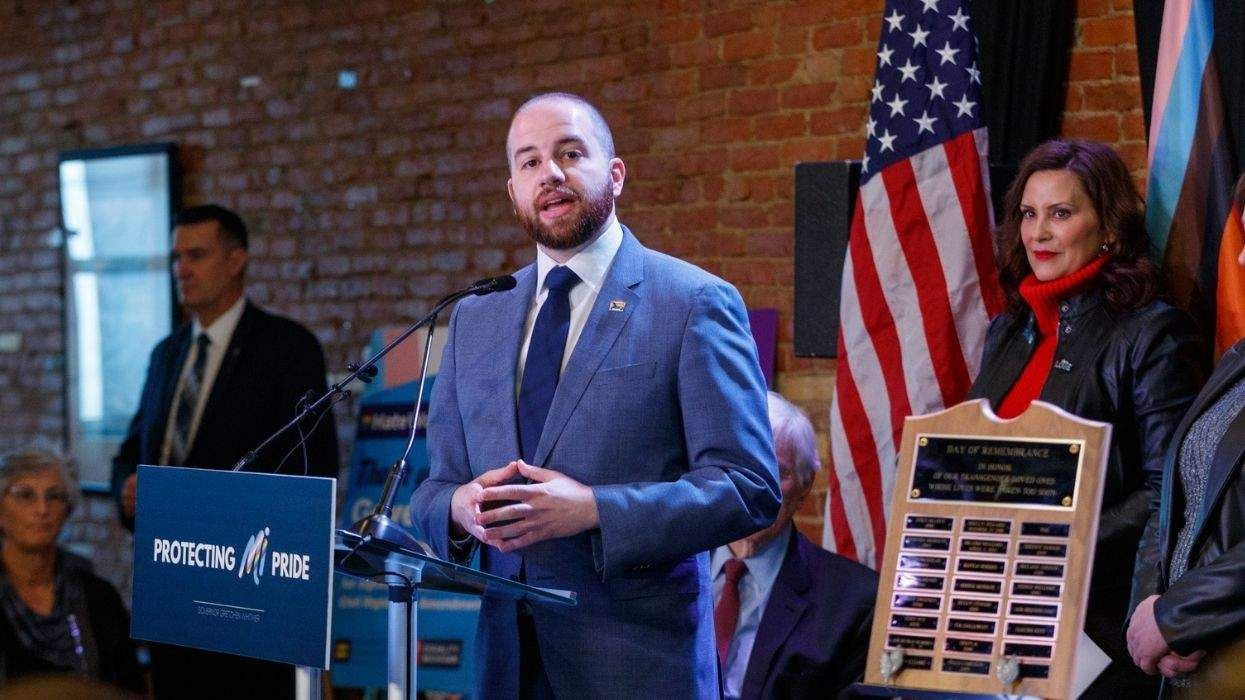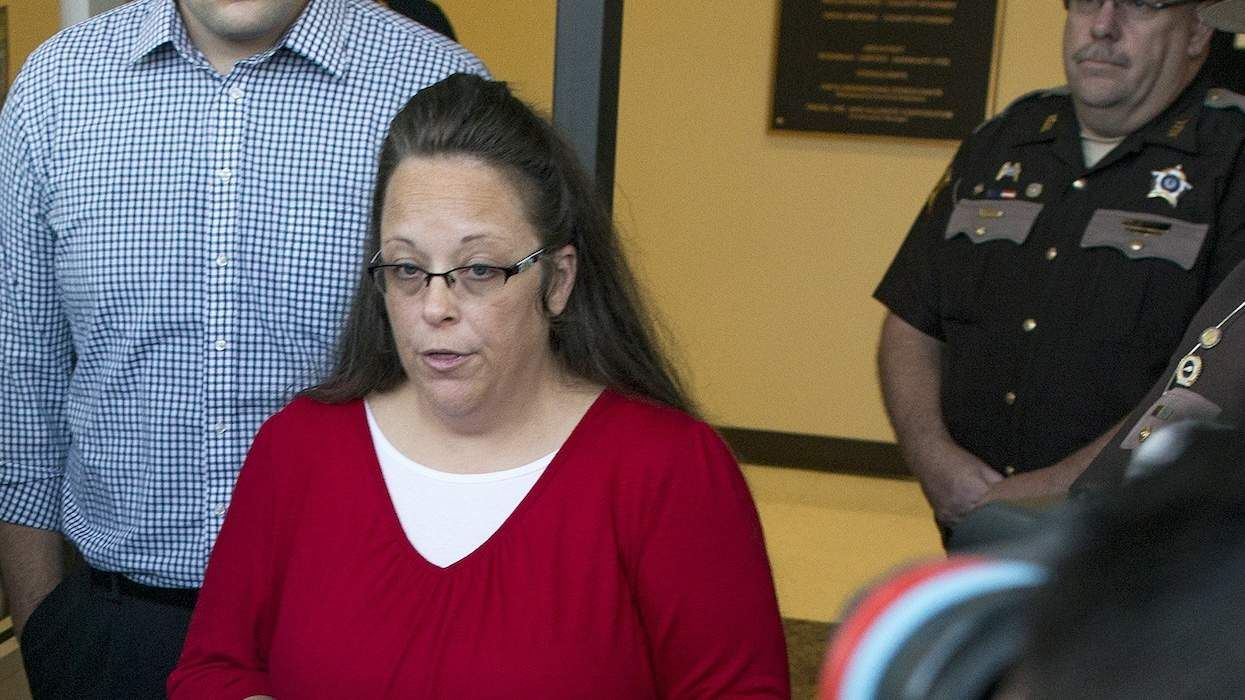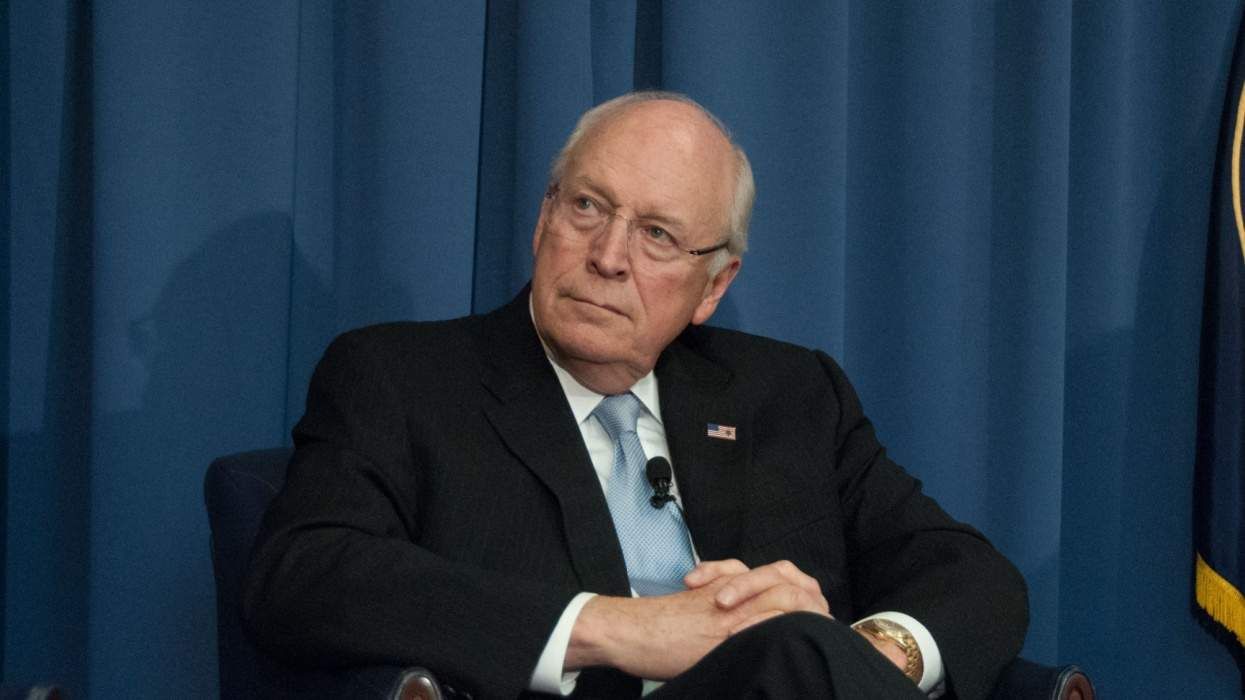The Second Circuit Court of Appeals in New York ruled against the Defense of Marriage Act today in the case Windsor v. United States, involving the lesbian widow Edith "Edie" Windsor, marking the second time a federal appeals court has found the 1996 law unconstitutional. Defenders of DOMA could not demonstrate a legitimate interest for the federal government to treat same-sex married couples differently from any other married couples, the court ruled.
In a 2-1 opinion issued Thursday, the Second Circuit became the first federal appeals court to hold that laws that classify individuals based on sexual orientation should receive a more exacting level of judicial review, known as "heightened scrutiny." The First Circuit Court of Appeals in Boston, which ruled DOMA unconstitutional in the Gill case last May, did not apply heightened scrutiny.
The three-judge panel of the Second Circuit, which heard oral arguments three weeks ago, wrote, "In this case, all four factors justify heightened scrutiny: A) homosexuals as a group have historically endured persecution and discrimination; B) homosexuality has no relation to aptitude or ability to contribute to society; C) homosexuals are a discernible group with non-obvious distinguishing characteristics, especially in the subset of those who enter same-sex marriages; and D) the class remains a politically weakened minority."
(RELATED: Boehner's DOMA Defense Hits $1.5 Million Limit)
Windsor, Gill, and a handful of other DOMA challenges have been appealed to the Supreme Court and await response on whether they will receive review this term.
Windsor, 83, challenged section 3 of DOMA, which prohibits the federal government from recognizing marriages between same-sex couples, even in states where such unions are legal. She and her partner, Thea Spyer, who died in 2009, were married in Canada in 2007. Their union was recognized at the time by the state of New York, but Windsor was forced to pay more than $363,000 in estate taxes to the IRS because of DOMA. She challenged the law as a violation of equal protection, and a federal trial judge in New York upheld her claim in June.
"This law violated the fundamental American principle of fairness that we all cherish," said Windsor in a statement issued by the American Civil Liberties Union. "I know Thea would have been so proud to see how far we have come in our fight to be treated with dignity."
Windsor is represented by the ACLU, the New York Civil Liberties Union, and the law firm of Paul, Weiss, Rifkind, Wharton & Garrison LLP.















